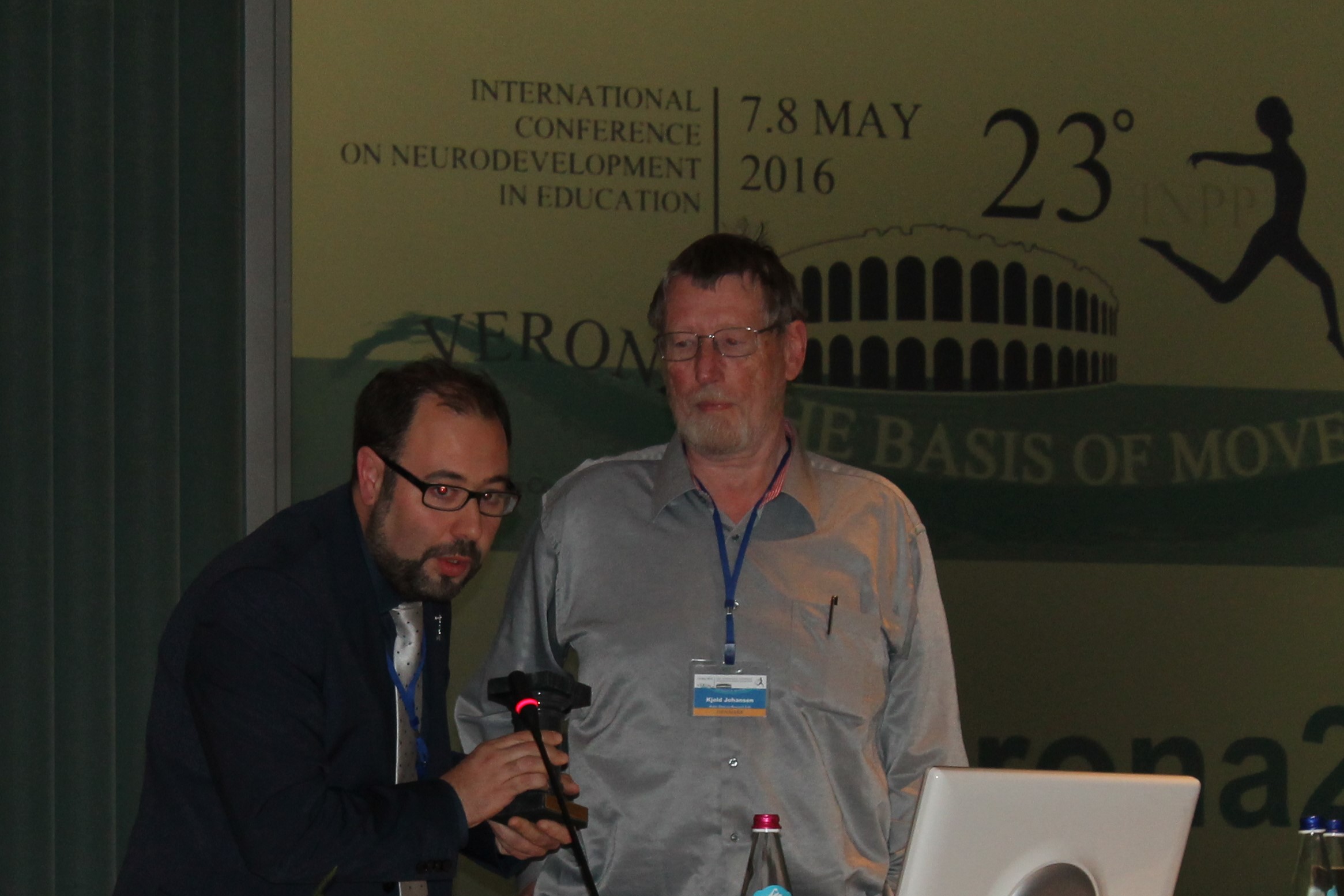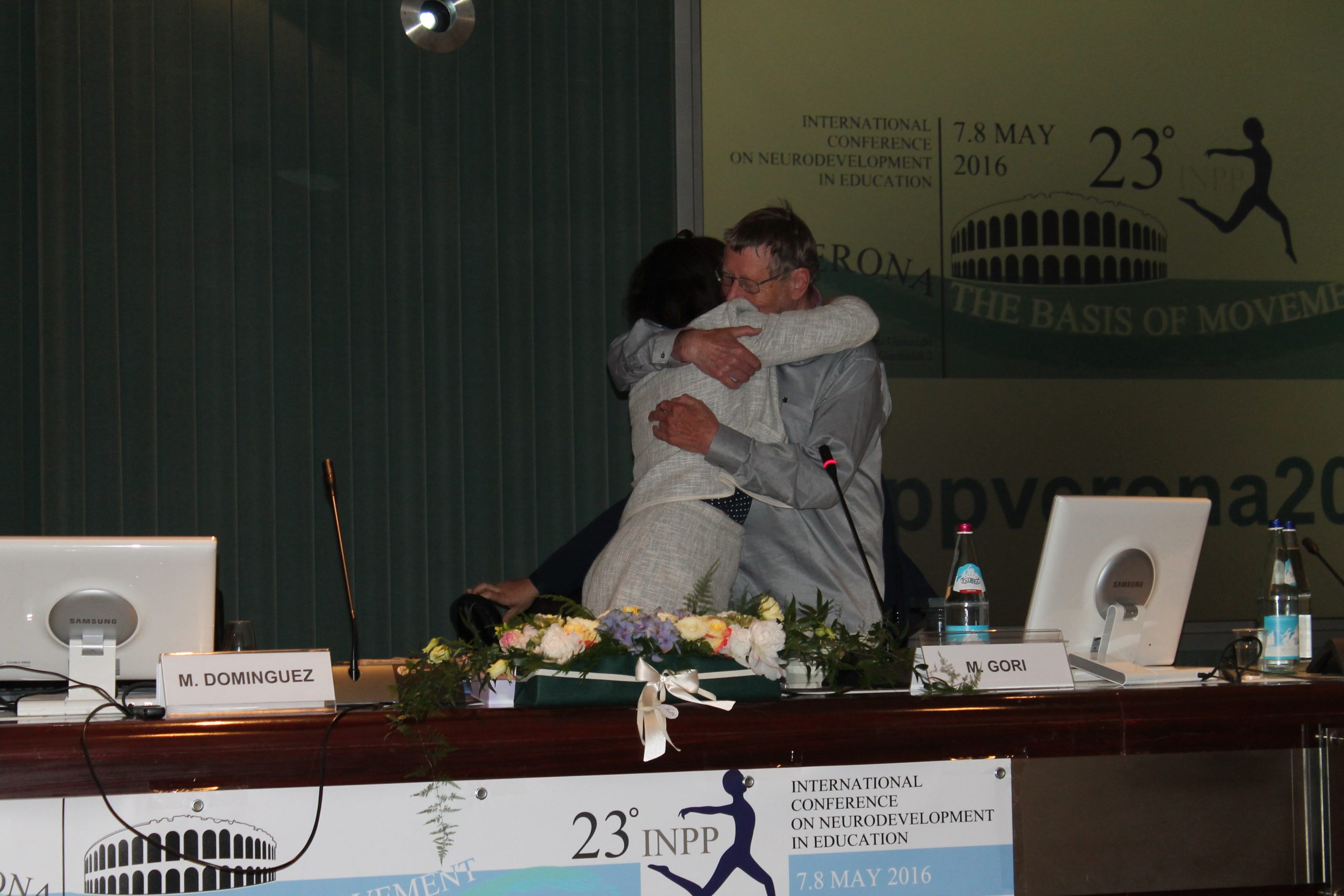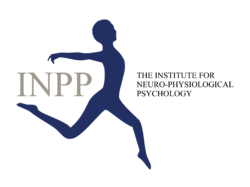A Tribute to Kjeld Johansen PhD
1937 – 2022
The mind behind Johansen Individualised Auditory Stimulation

I met Kjeld Johansen in Chester in 1993 when he was on his way to meet with Paul Madaule in Canada. Kjeld had participated in training in the INPP method with Catherina Johannesson-Alvegård in Sweden and Catherina had suggested that we should meet.
Auditory processing difficulties had long been recognised as being a factor in Dyslexia but academics at the time could not agree on whether they were primarily causal, contributory or intrinsic. During his college years Kjeld had met with people using a method of auditory stimulation developed in California by the Danish-American researcher Christian A. Volf (1894-1967). Later, as a teacher, he noticed that several pupils with written language problems categorised as having dyslexia, actually suffered from problems with basic auditory sensing and perception of certain frequency ranges and at the same time often had problems with ear preference and some aspects of cross laterality. Based on ideas from Volf, Tomatis, Orton and many more, his own work and improvements in technology, he developed the method now known as Johansen Individualised Auditory Stimulation (JohansenIAS).
As a teacher, Kjeld devoted much of his spare time to carrying out hearing and listening assessments and presenting and writing up his findings for publication. He also worked in cooperation with musician Bent Peder Holbeck who composed frequency specific music with the aim of training pathways between the ear and the brain to function more efficiently in discriminating the sounds of speech and written language and improving the speed of auditory processing and selective listening. The system, developed over many years of meticulous attention to detail is used to support children and adults suffering from learning, behavioural and social-emotional problems.
A modest man, more interested in making a difference to individuals than in promoting his own methods, fame or fortune, he belonged to a rare generation of genius, dogged in his pursuit of an idea, quietly persistent in the face of scientific and academic scepticism and a true teacher, who inspired students from all over the world to enquire, test and practise the ideas and method he had developed.
The gentle non-invasive system that he has given to the world was typical of the man. Quiet, determined, humorous and very kind. When I first met him, we arranged for him to return to the United Kingdom the following year to provide a training course to my late husband and me. The date was set in advance. None of us remembered this when my late husband arranged a date for our wedding. By the time we did realise, it was far too late to make changes. So, Kjeld arrived on Thursday, Peter and I married on Friday, Kjeld and his wife joined us for our evening celebration and we spent the next three days training together with my father who had travelled to Chester for the wedding in the background. Kjeld had also omitted to tell us that he had experienced severe chest pains a few days before and been advised not to travel. These extraordinary circumstances in which neither side was willing to disappoint the other, set the tone for what became an extended family not only to INPP but also personally to us.
His last presentation to an INPP conference in 2018 in Madrid was for me, his very best. Divested of all the trimmings of technology, he sat on a stool on the platform and simply told a story – the story of how from a boy he had followed a path to where JIAST is today. This story was so much more than a method. It was a summary of a lifetime of searching, discovering and continuing to question.
It is with great sadness but also joy for all that he has given and the difference he has made to so many people all over the world, that we wish him farewell and his family our condolences for their much greater loss.
Sally Goddard Blythe
Director INPP International 

